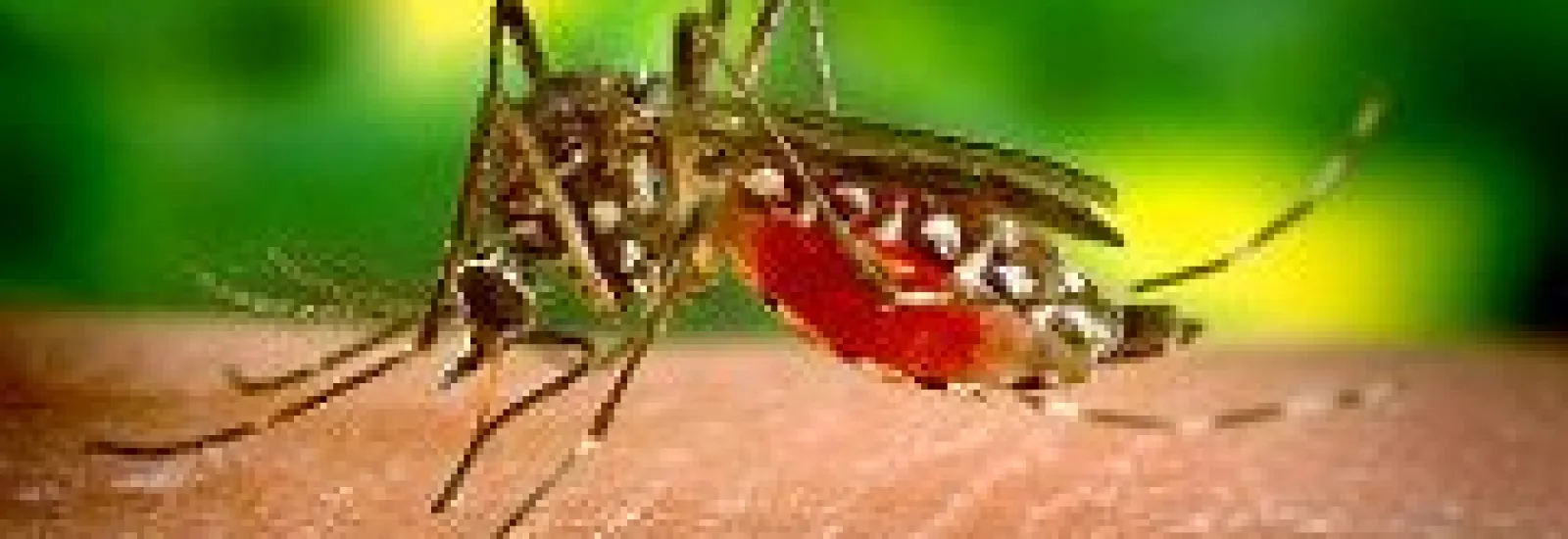
The Zika virus: What you need to know this summer
Warmer weather brings sun fun and — regrettably — mosquitoes. Mosquito season slowly begins in the spring peaks in summer months and is dependent on temperature and water. Hibernating mosquitoes need warm weather to become active while hatching mosquito eggs need water according to the Environmental Protection Agency. Only the female mosquito bites and searches for the blood of humans and animals for reproduction.
While the lifespan of adult mosquitoes may only be six weeks every year they infect millions of people globally with diseases such as dengue chikungunya and Zika viruses. As the Zika virus continues spreading through the Americas — including the United States — here’s what you need to know about the virus and your risk.
How’s it introduced?
The Zika virus is mainly transmitted via an infected female Aedes aegypti mosquito the Pan American Health Organization explained. The infected mosquito contracts the virus from an infected person and then spreads it by biting a healthy person. People can also acquire Zika through sex with an infected partner noted the Centers for Disease Control and Prevention (CDC).
Until recently Zika occurrences were mostly limited to Southeast Asia Africa and the Pacific Islands. The World Health Organization (WHO) reported that the Aedes aegypti mosquitoes have been located in every country in the Americas and have the capability of flying an average of 400 meters or a quarter of a mile. As of last month less than five cases have been confirmed in Indiana and Ohio and were linked to people who had traveled to areas; no local mosquito-borne transmission had been confirmed.
Who’s at risk?
Individuals at heightened risk include pregnant women and those trying to become pregnant and travelers to cities and countries with a Zika outbreak. The Zika virus has the possibility of damaging a growing fetus and was proclaimed a global public health emergency after being associated with thousands of cases of congenital microcephaly — a congenital disability causing a baby’s head and brain to develop smaller causing lifelong developmental issues according to the CDC.
What are the signs and symptoms?
The signs and symptoms of the Zika virus include fever rash joint and muscle pain headache and red eyes. Unlike other viruses there’s no vaccine to prevent or treat Zika.
How’s it diagnosed?
Presently there are no diagnostic tests for the Zika virus so unless you’re pregnant planning to become pregnant or have developed symptoms after traveling your doctor won’t test you. This is because there’s a backlog of blood samples currently awaiting testing which is only performed by state and federal health authorities. Speak with your doctor if you’ve recently traveled to an area with Zika even if you don’t feel sick.
Zika in the United States
In 2017 alone symptomatic Zika virus disease cases have been reported in nearly every state — 124 cases of travelers returning from affected areas and one case through other routes. States with the highest number of cases include California Florida New York and Texas the CDC noted. No local mosquito-borne transmission cases have been reported in 2017.
How to protect yourself
Prevention is the best way to guard yourself against Zika with precautions like mosquito control avoiding travel if you’re pregnant and wearing long sleeves and pants. Additionally you can prevent mosquito bites using mosquito repellents installing screened windows and air conditioning and practicing safe sex techniques if your partner is infected with the Zika virus according to the WHO.
Always discuss health concerns with your doctor as they can provide you with the proper advice for your specific situation. Protecting yourself could go a long way toward avoiding such illnesses.
Image source: Flickr


